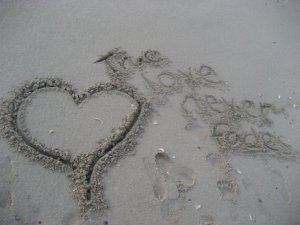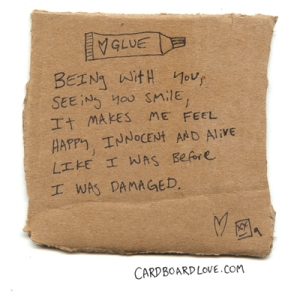I find that some of what we loved during our rebellious adolescent years have this tendency to stick in our minds so long after the fact. What author brought forth such empowering suggestions to you, blew your mind with a symphony of beautiful words delicately placed onto a page in a way that no other living being in the history of ever has done? While we move on from these obsessions and stages in our lives, how much of it do we carry with us?
In middle school I was interested in a poorly written teen novel by Francesca Lia Block called “The Weetzie Bat Books: Dangerous Angels”. Five books that follow the life of teenage hipster hippie Weetzie Bat as she looks for love, finds it, and deals with settling down. It then goes into the lives of her friends and children, touching on family history and going into weird cult-y plots, inevitably ending with each character paired up to their respective ‘soulmates’. All the passages are described so colorfully and innocently, like a child’s drawing.
It’s not really a book I would recommend to literary lovers for a number of reasons. It has a weak plot, fake and underdeveloped characters, can be overly descriptive when not necessary at all, and just generally seems to try to hard to be different. In retrospect I think of it almost mockingly, with an awful and angst-filled tone.
Despite mocking this book in my head, I can’t help but love the memory of it. I re-read it countless times, highlighting my favorite quotes, memorizing others. Just this week I found myself pondering the idea of love, and was flooded with quotes from this book. It’s ten years since I’ve read it. I know infinitely more now than I did then, both in life and in literature. So why does it still linger?

Yes, I actually took this picture
I think that we form such strong bonds in our teenage years that logic doesn’t stand a chance. As much as everybody hates to be that sap who loves love, it’s still nice to read about it and get warm fuzzy feelings. Is it so bad to become that idiot teenage girl once in a while? As shitty as I find her books to be, I think Francesca Lia Block’s writing taps into those fuzzy feelings we all discovered in our angsty adolescent years. And that’s why I love them.

Here are some quotes that melt in your mind’s linguistic and metaphorical mouth.
“I want him to see the flowers in my eyes and hear the songs in my hands”
“I think I missed you before I met you even”
“A kiss about apple pie a la mode with the vanilla creaminess melting in the pie heat. A kiss about chocolate, when you haven’t eaten chocolate in a year. A kiss about palm trees speeding by, trailing pink clouds when you drive down the Strip sizzling with champagne. A kiss about spotlights fanning the sky and the swollen sea spilling like tears all over your legs.”
And the quote I couldn’t get out of my head?
“How do you see the moon?”

